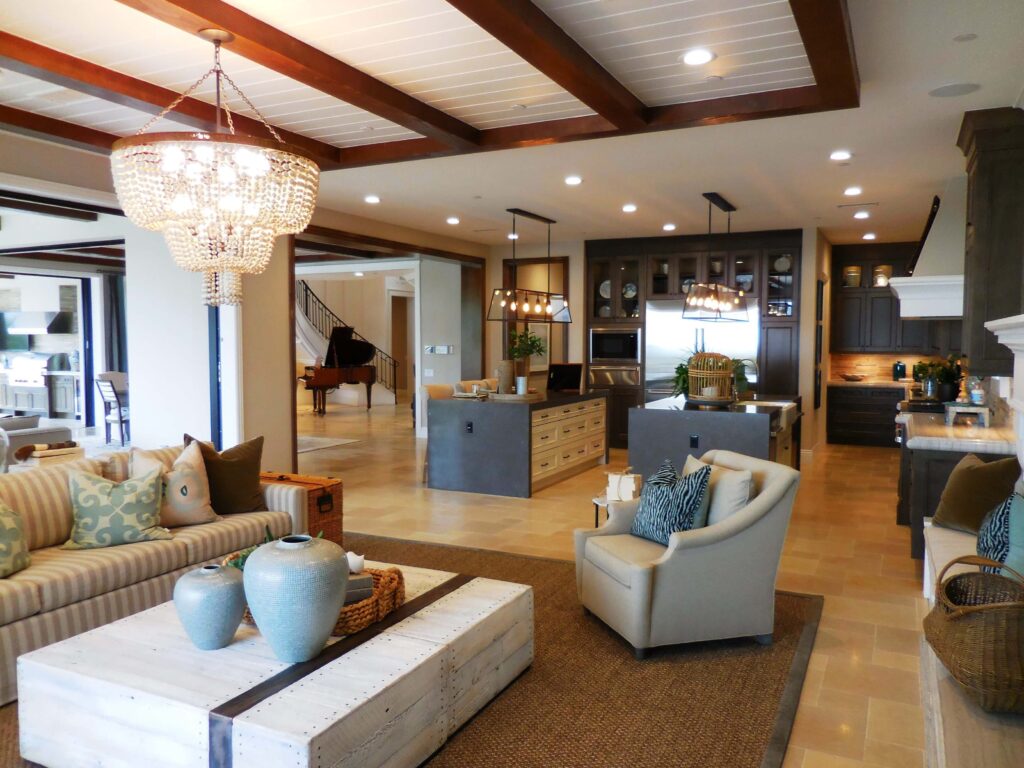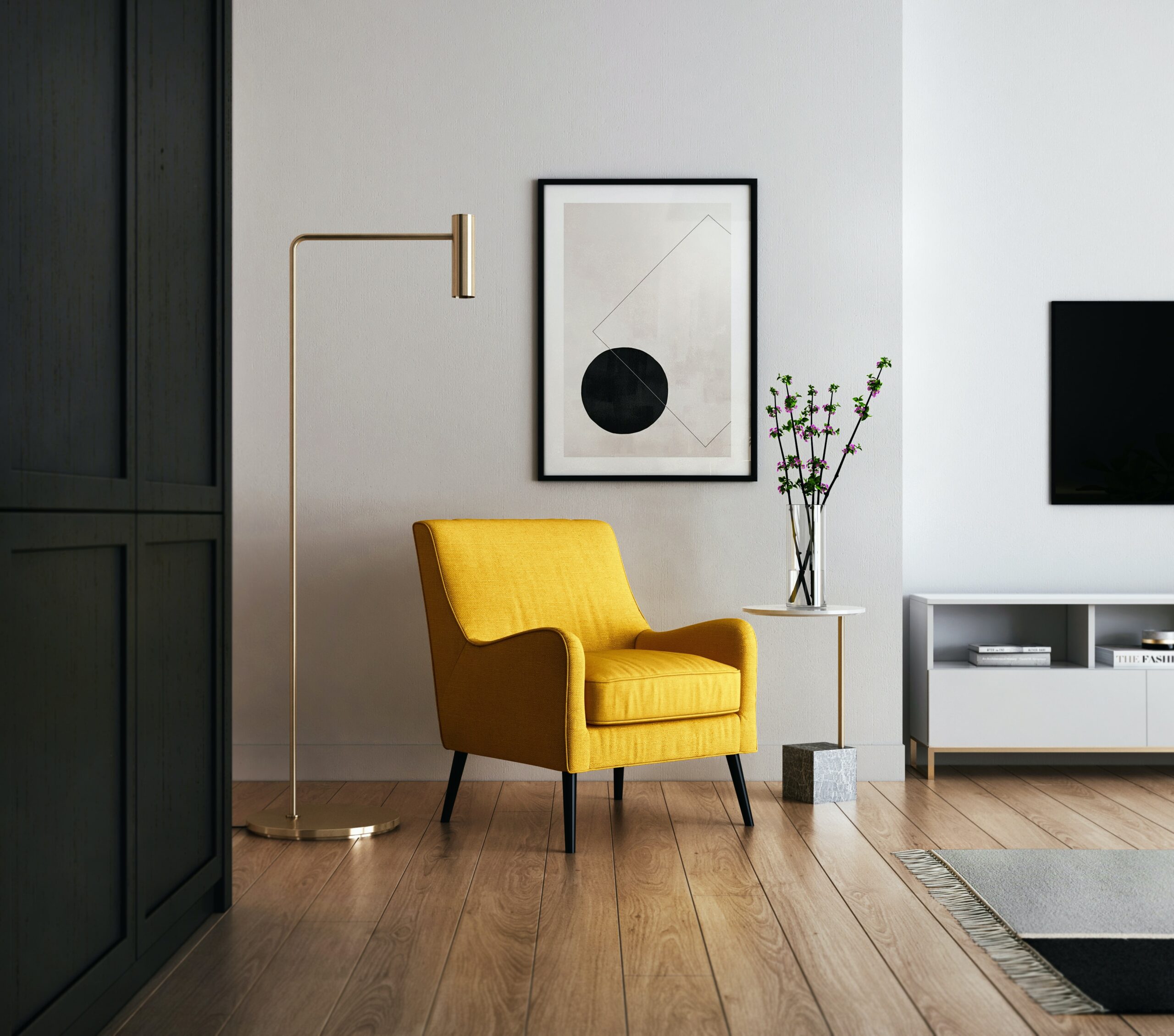Hiring an interior designer is an important decision that involves finding a professional who understands your vision, fits your budget, and can bring your design ideas to life. Here are key considerations before hiring an interior designer:
- Define Your Goals and Expectations:
- Clearly articulate your goals, expectations, and preferences for the project. Be specific about the functionality, style, and mood you want to achieve in the space.
- Budget:
- Establish a realistic budget for your project. Communicate this budget to the interior designer from the beginning to ensure that they can work within the financial constraints.
- Scope of Work:
- Clearly define the scope of the project. Outline which areas or rooms you want the designer to focus on, and discuss the specific services you expect them to provide, whether it’s concept development, space planning, or full project management.
- Portfolio Review:
- Review the designer’s portfolio to assess their style, range of projects, and overall design aesthetic. Ensure that their previous work aligns with your taste and the vision you have for your space.
- Credentials and Experience:
- Check the designer’s credentials, education, and professional experience. Many designers have certifications or memberships with professional organizations, such as the American Society of Interior Designers (ASID) or the International Interior Design Association (IIDA).
- References and Reviews:
- Request references from previous clients or read online reviews to get a sense of the designer’s professionalism, communication skills, and ability to meet client expectations.
- Communication Style:
- Assess the designer’s communication style during the initial consultation. Effective communication is crucial for a successful collaboration. Ensure that the designer is attentive, asks relevant questions, and listens to your needs.
- Timeline and Availability:
- Discuss the project timeline and the designer’s availability. Ensure that their schedule aligns with your desired start and completion dates. Clarify any potential delays or time constraints.
- Contract and Fees:
- Review the designer’s contract thoroughly. It should outline the scope of work, payment terms, project timeline, and any additional fees. Clarify how the designer charges for their services—whether it’s a flat fee, hourly rate, or a percentage of the project cost.
- Flexibility and Collaboration:
- Assess the designer’s flexibility and willingness to collaborate. A successful partnership involves open communication, mutual respect, and the ability to work together to achieve the desired outcome.
- Attention to Detail:
- Interior designers should have a keen attention to detail. This includes not only the overall design but also the ability to manage project logistics, budgeting, and scheduling effectively.
- Problem-Solving Skills:
- Interior design projects often come with challenges. Evaluate the designer’s problem-solving skills by discussing how they handle unexpected issues that may arise during a project.
- Licensing and Insurance:
- Inquire about the designer’s licensing and insurance. While not all regions require interior designers to be licensed, it’s a good idea to ensure that they adhere to professional standards. Insurance can also protect you in case of unforeseen issues.
- Chemistry and Compatibility:
- Personal chemistry and compatibility are essential for a successful collaboration. Choose a designer with whom you feel comfortable, understood, and confident in their ability to bring your vision to life.
- Understand the Design Process:
- Ask the designer to explain their design process. Understanding how they approach projects, from the initial concept to the final execution, can help you feel more confident about their capabilities.
Taking the time to consider these factors and thoroughly vet potential interior designers will contribute to a more successful and satisfying collaboration. It’s important to find a designer whose style, approach, and values align with your own to ensure a harmonious and successful project outcome.

